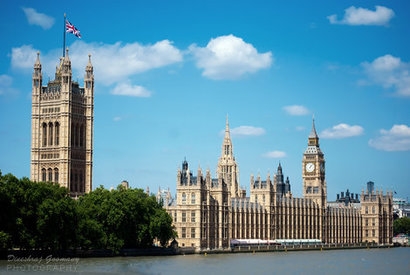
According to the group, reducing the purchase incentives for zero emission cars by a third and completely removing the grant for plug-in hybrids is totally at odds with Government ambition to be the world leader in the take up of ultra low emission vehicles announced in its Road to Zero Strategy. It also sends yet more confusing signals to consumers and will make it virtually impossible for Government and industry to meet their CO2 reduction targets.
Furthermore, they feel giving manufacturers and consumers a maximum of one month’s notice with a cap on volumes will result in yet more distortion to a market already impacted by previous conflicting government policies and put even greater pressure on industry. Manufacturers have already invested billions to bring a full range of new technologies to market to give choice to consumers with different driving needs and budgets. Thanks to the plug-in car grant, zero emission-capable plug-in hybrids have become increasingly popular but, at less than 2.0 percent, uptake is still very small.
To put this in further context, while the grant has helped incentivise 160,000 sales of plug-in hybrids over the past seven years, this represents less than half a percent of the 34.7 million cars currently on the road. To grow zero and ultra low emission vehicle uptake to the levels needed to make a meaningful impact on CO2 and air quality, consumers’ concerns over affordability and convenience must be addressed.
As other European markets have demonstrated, prematurely removing upfront purchase grants can have a devastating impact on demand. In Denmark, for example, sales of pure electric cars plummeted by nearly 73.0 percent in the year after that government announced its EV tax incentive would end – the market has still not recovered.
There are also long-term implications for consumer choice. The grant has helped the UK become one of the EU’s biggest markets for electrified vehicles with manufacturers looking favourably at the UK when making difficult product allocation decisions for these new technologies which are often, at first, sold at a loss. Removing the incentives not only impacts demand, it can impact supply as companies reallocate products to more supportive markets, which could mean a reduction in model choice for UK consumers.
Government and industry share the same ambition; to be one of the world’s leading markets for zero and low emission vehicles with a highly ambitious, competitive and successful industrial base. Delivering this goal requires clear and consistent policy, anchored in an Industrial Strategy that creates the conditions for growth; a position which is actively contradicted by this latest decision.
“We understand the pressure on the public purse but, given the importance of environmental goals, it’s astounding that just three months after publishing its ambitious vision for a zero emissions future, government has slashed the very incentive that offers our best chance of getting there” said Mike Hawes, SMMT Chief Executive. “Industry is working hard to address the challenges of CO2 and air quality but, while it can produce the technology, it cannot determine the pace of uptake. We have consistently said that if the UK is to be fit for an electrified future, we need a world-class package of incentives and infrastructure. Government needs to rethink its policy, else its ambitions will never be realised.”
For additional information:

